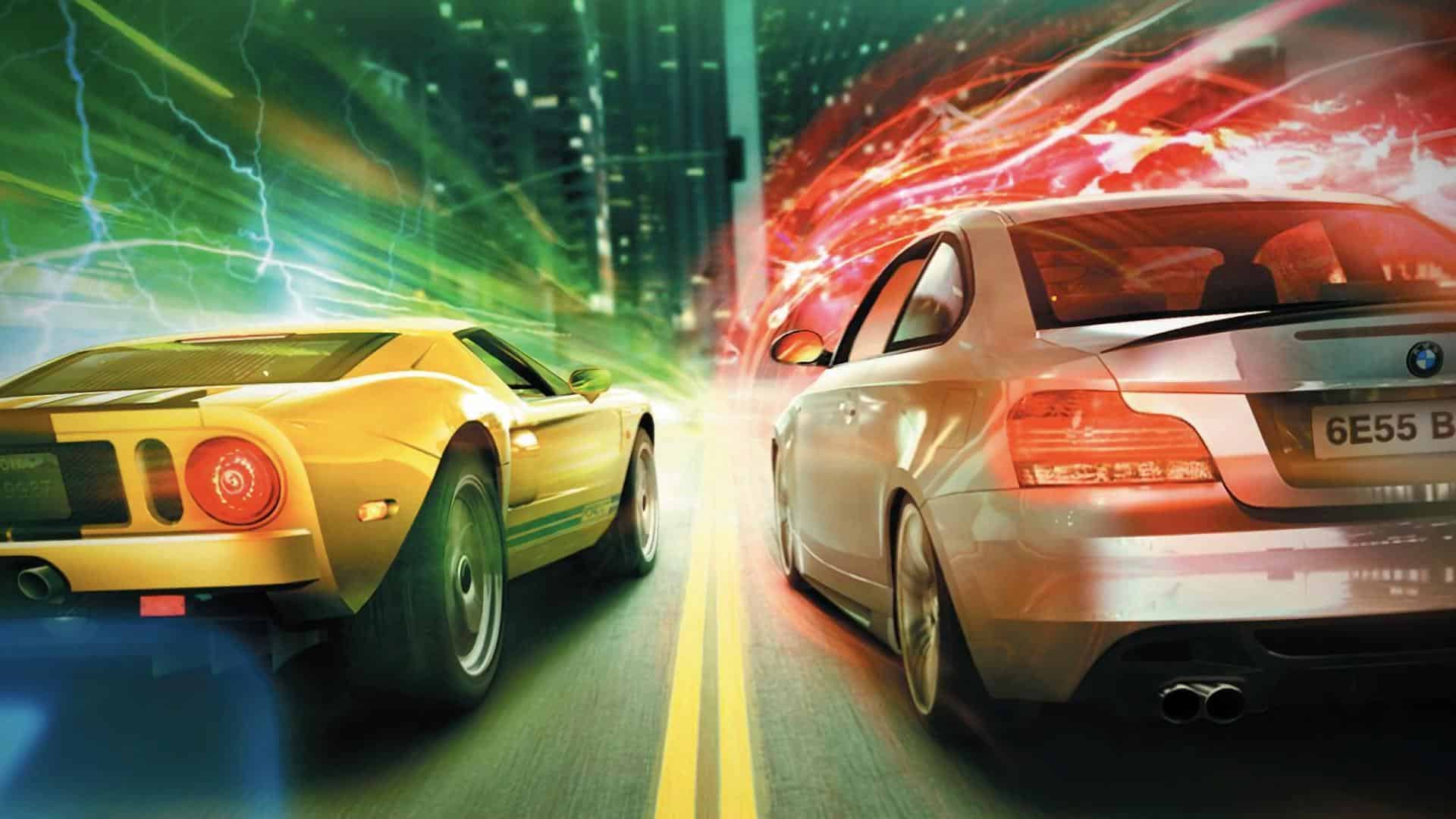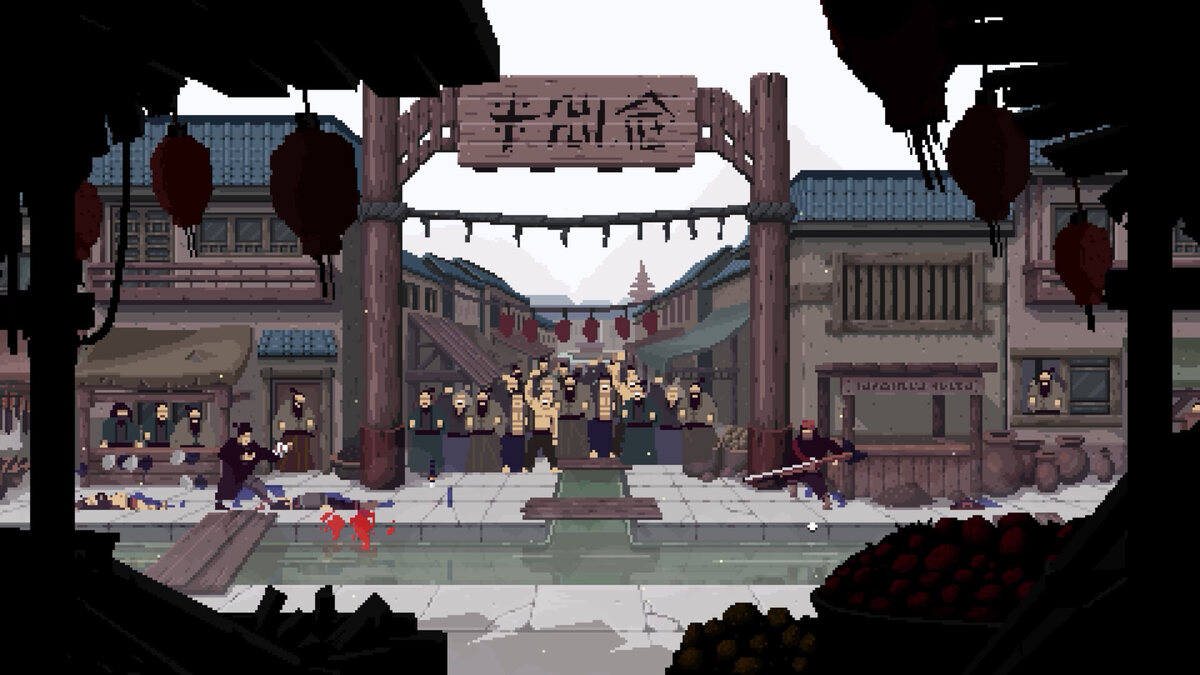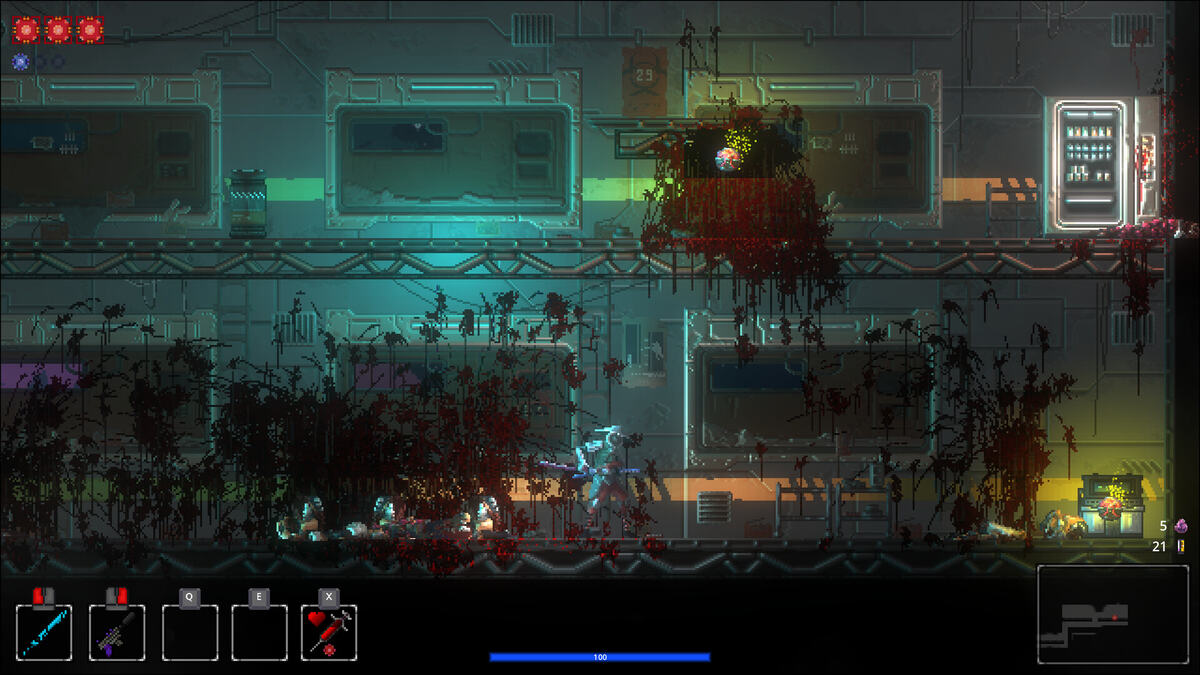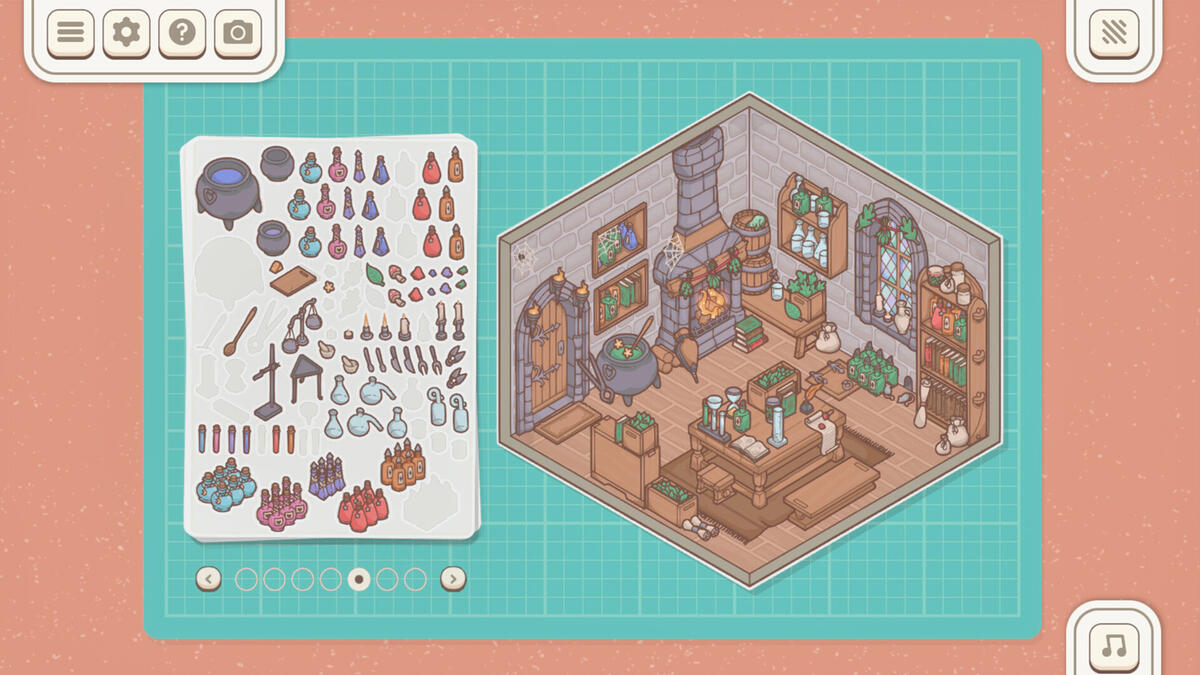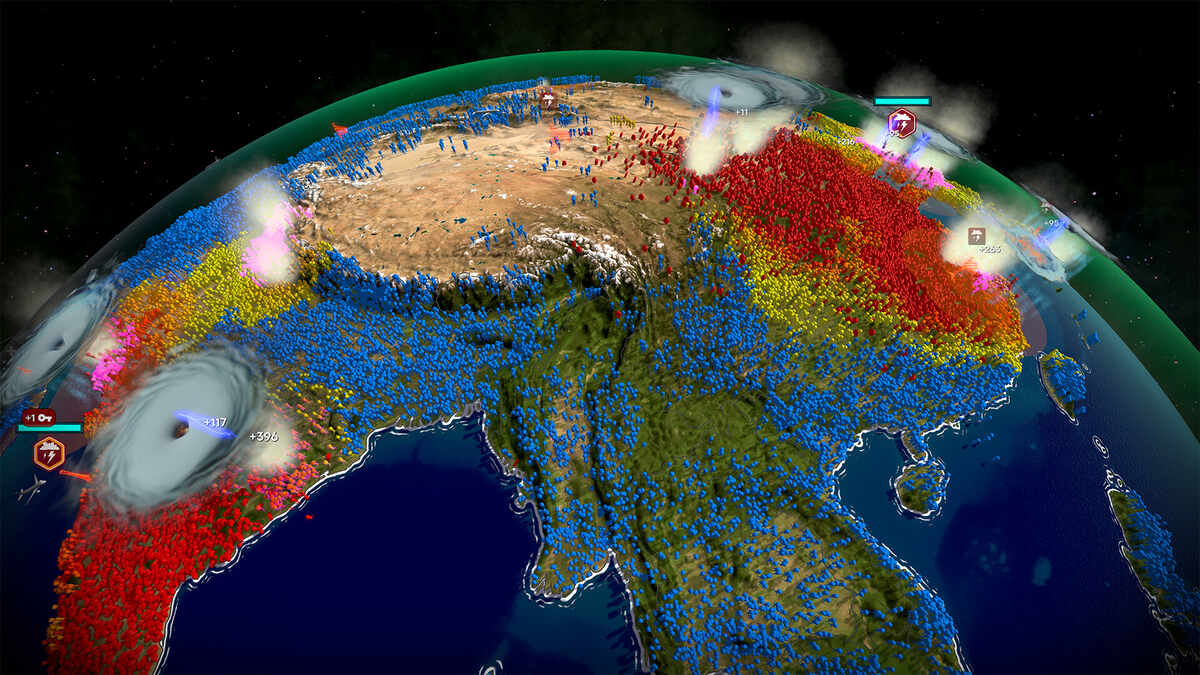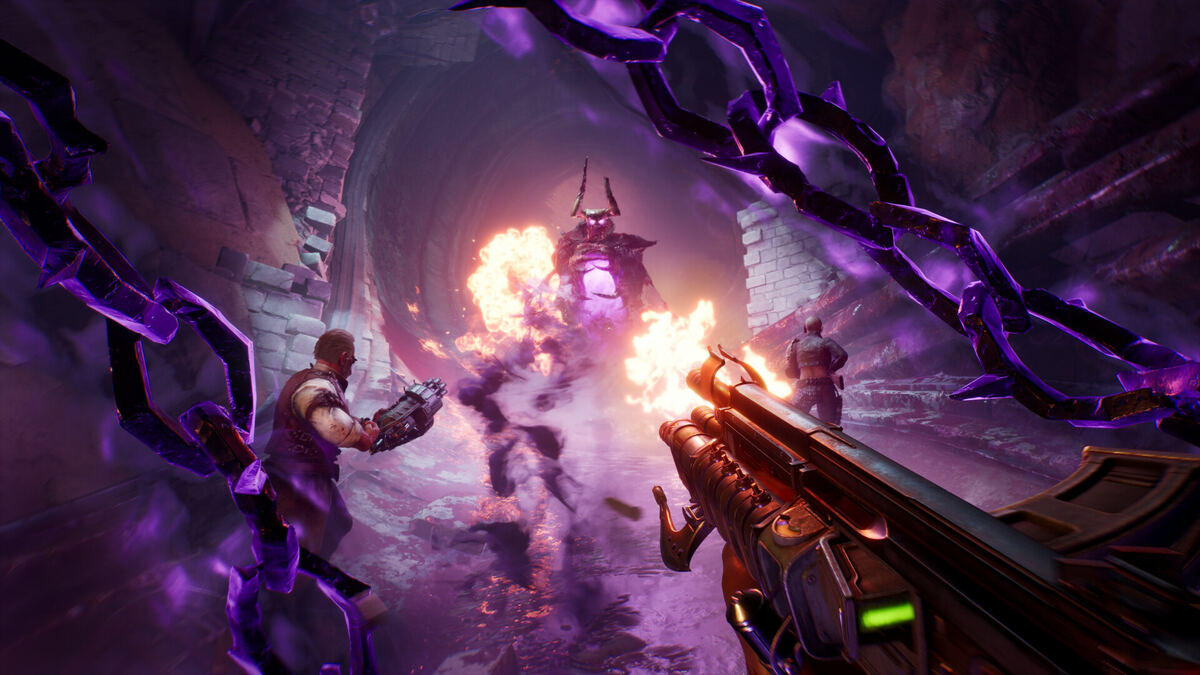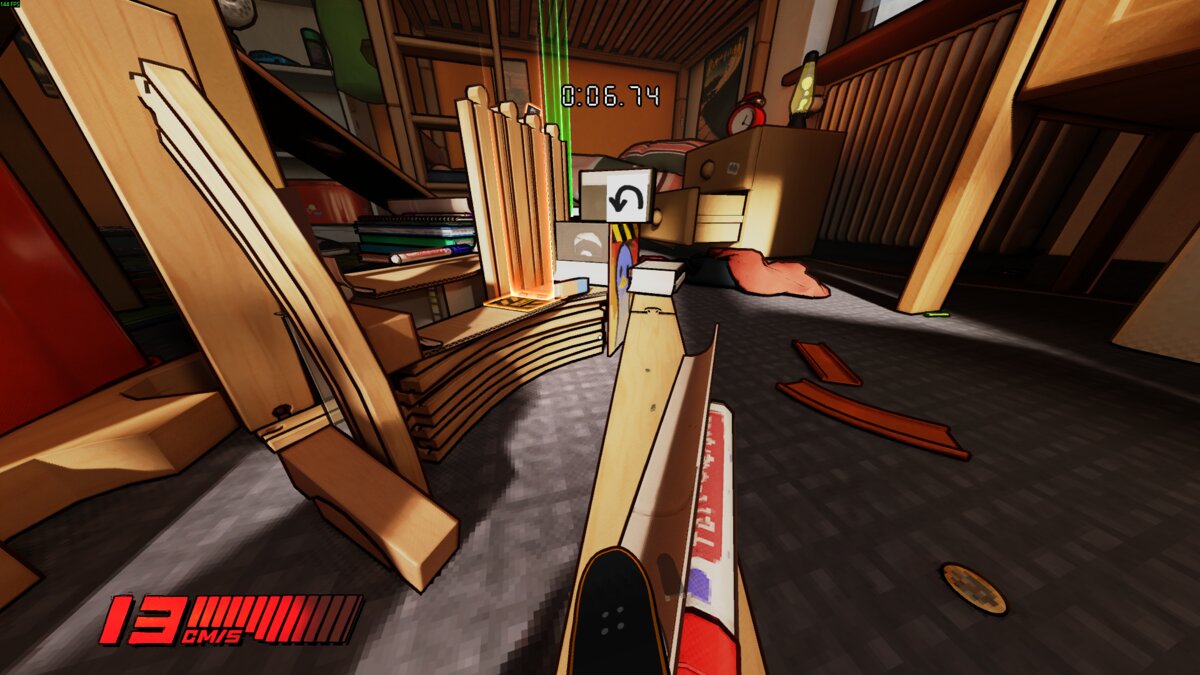You can trust VideoGamer. Our team of gaming experts spend hours testing and reviewing the latest games, to ensure you're reading the most comprehensive guide possible. Rest assured, all imagery and advice is unique and original. Check out how we test and review games here
2009 is looking like one hell of a year for racing games. On the sim front we’ve got Forza 3 and Need for Speed: Shift to look forward to. And on the arcade side of things we’ve got Split/Second and Bizarre Creations’ Blur to whet our appetites. Of that list, perhaps most interesting of all is Blur, a game that’s divided opinion like a knife slicing through a buttery internet. Its PGR4 with power-ups approach has led some to accuse the Activision-owned studio of chasing the Mario Kart crowd. Others reckon it’ll prove a sweet antidote to serious sims. But pretty much everyone, however, wants to know why. We sat down with Bizarre’s communications guru Ben Ward and Blur executive producer Peter McCabe to get the answer.
VideoGamer.com: Is it simply a case of you’d worked on similar games for so long and wanted to try something else, or was it a combination of other factors? I’m curious as to how the decision to do something so different came about.
Ben Ward: It was a combination of factors. The PGR series was coming to the end of its life. We were feeling a little bit restricted in what we could do and what our next game would be, not through anyone’s fault but just because after you’ve done four games you’re like, Jesus Christ, do we do hovercrafts or horse racing? It was a combination of that and joining Activision about that same time as well, loads of new opportunities opened up. Also being more honest about the racing genre. Why are people buying games? If we could address that with a brand new franchise, look and a brand new take on the racing genre, then we should totally do it.
VideoGamer.com: It was interesting that in the presentation you mentioned there hasn’t been a massive hit in the racing genre previously. I thought they were doing okay…
BW: I’m not going to mention numbers but not really, with the exception of Mario Kart, which has done very well because it’s a Mario Kart game. That is the exception rather than the rule. But generally titles, I won’t name any names, more recent titles that were really good, critically acclaimed and we all played them, they didn’t sell as well as can be expected. I know sales is one thing, but sales are reflective of people who are interested in the concept and interested in what they want to play. So if it’s not selling then the developers are doing something wrong and pushing it in the wrong area. We totally rebooted with Blur. All of these things we think are wrong; we’re trying to fix them.
VideoGamer.com: What’s the overarching premise of the story? Are the existence of various power-ups explained?
BW: You’re the third person that’s asked that this morning and nobody else has ever asked whether we need to explain the power-ups! It’s got to be a British thing. We were the same. We’ve got all these amazing power-up things and how do we explain it? Every idea we came up with sounded shit, basically, it sounded cheesy. So we’ve deliberately not explained it in any way. We’re sort of said, they’re power-ups, that’s what they do. Until today nobody had asked about it. What do you think? Do you think they should be explained?
VideoGamer.com: It just occurred to me that because there’s a story in the game it might tie into it, and if that’s the case I should ask about it. It wasn’t that I expected them to be explained.
Peter McCabe: In the story you meet a guy who knows how to use this perk, who teaches you how to use it, but we don’t explain what it is, why is it there in the world? If you went off down that then it would become a hardcore storyline…
VideoGamer.com: A Star Trek story…
PM: A Star Trek story!
BW: It’s not a storyline, it’s more of a premise. It’s more like a reason to race essentially. It’s not like War and Peace, there’s not going to be these big dramatic scenes or anything like that. Nobody dies in the game for instance. About as deep as it gets is, we’re in this area, some sort of thing happens that means we need to go to this area. For example, when you win at the LA Dogs, when you meet the main character there, he becomes disenfranchised with the scene that grows up around your racing, and he’ll go off and do his own thing. If you want you can go with him and join him in destruction style racing but it’s not going to be the case that you have to hunt him down or he has a secret identity. It’s not anything like that. It’s just a reason to race. That’s what people want from racing games I think.
The idea is loads of friends get together in LA, they start racing, more people hear about it, get interested, it snowballs and it moves all around the world. By the time it gets to New York and Barcelona, hundreds of people flash mob cities to see these impromptu races. That’s essentially the story.
VideoGamer.com: How many power-ups are in the game? What makes a good power-up for Blur?
PM: Loads of usability tests. So we’ve got Activision US getting people in every week and playing the game, giving us feedback on perks and doing loads of data mining into how they use the perks, how long they hold the perk before they use it, how accurate the perk is.
BW: We’re not allowed to call them perks!
VideoGamer.com: In the demo we saw there was one called a perk…
BW: The idea behind it right, was originally back in the very first iteration they worked kind of the same as Call of Duty perks in that you decided on them before the race. We played it and iterated on it and it didn’t work. If you picked the wrong power-up before the race then you were screwed, essentially. That’s how we moved onto the on-track experience. It evolved. It wasn’t like we played Mario Kart and said that’s what we need. We tried loads of different things and that’s what came through as being the best.
PM: At the moment we’ve got five power-ups and those power-ups might not be the ones we ship with. We might ship with other ones, we might ship with more, and we might ship with a little bit less. It all depends on what’s fun and what we get back feedback wise from usability. We’re still pre-alpha so we’re still designing new ones; we’re still putting new ones in. The set that you saw today was just where we’re at but that could change.
BW: The way they’re introduced in the game is one at a time through the storyline. So the first few races we have nothing but nitros. A couple of races in you’re introduced to a mine or something like that. You’ll learn each of these power-ups in turn and then you’ll meet someone in the world who knows how to add a power-up slot so you can pick up two at the same time and cycle between them. So the way that they’re introduced is a lot more subtle, a lot more interesting to the player.
PM: So you’re not thrown in at the deep end.
VideoGamer.com: Is Bizarre done now with hardcore sim racers?
PM: The hardcore sim is still there. It’s still in our game. You’ve still got a sim game in there. If people want to create a simulation group, they can. It’s still fundamentally in our game.
BW: We’ve got a lot of F1 fans at Bizarre who are really into hardcore racing, so I think people still love simulation style games, but Blur is an attempt to try something new and different. Who knows what’ll happen in the future. It might swing all the way back and we might end up doing the most hardcore sim ever next time, I don’t know!
Blur is due out for Xbox 360, PS3 and PC this autumn.

/https://oimg.videogamer.com/images/ea0b/blur_21.jpg)
/https://oimg.videogamer.com/images/c568/blur_20.jpg)
/https://oimg.videogamer.com/images/9111/blur_19.jpg)
